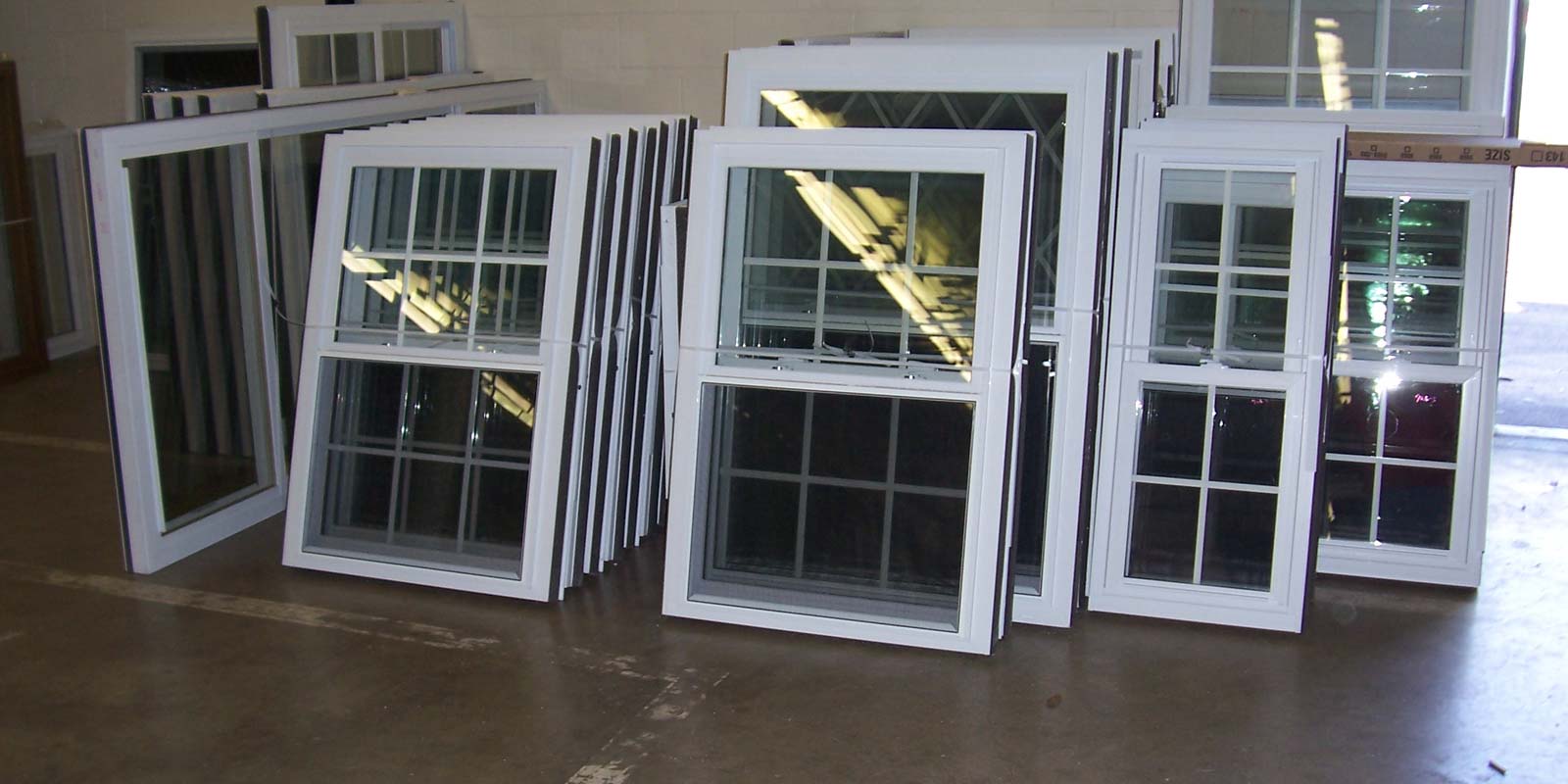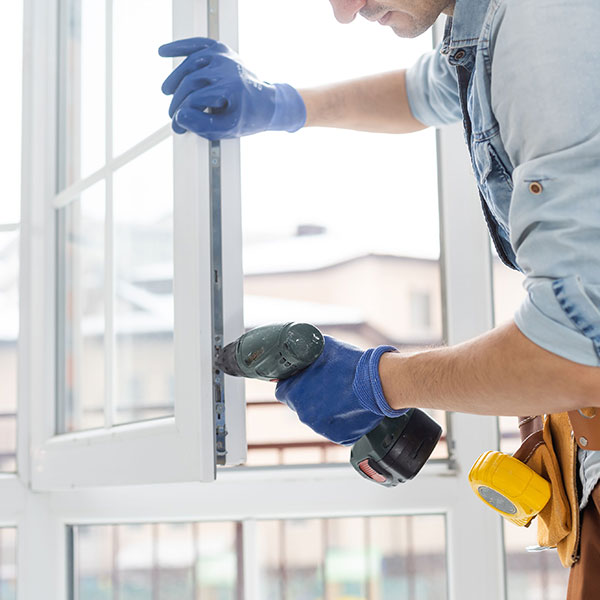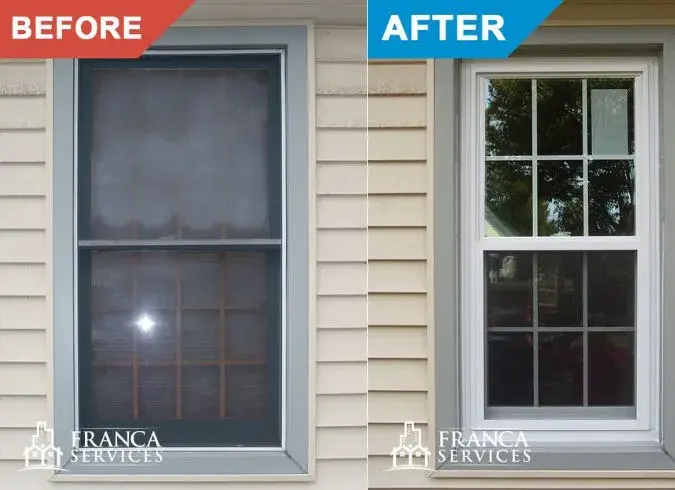Katy Window Replacement Professionals for Superior Service
Katy Window Replacement Professionals for Superior Service
Blog Article
Upgrade Your Home With Energy-Efficient Home Window Substitutes
In the realm of home enhancement, the decision to update to energy-efficient window substitutes can dramatically affect both the performance and appearances of a home (Jersey Village window replacement). As home owners seek ways to boost the effectiveness and sustainability of their living spaces, the option of windows plays a critical role in attaining these objectives. Beyond the surface area degree of mere visual appeals, energy-efficient windows use a wide variety of advantages that go past plain aesthetic charm. With a careful selection process that takes into consideration different elements, from glass types to installation strategies, getting started on this home upgrade trip could show to be a transformative endeavor.
Advantages of Energy-Efficient Windows

The installment of energy-efficient windows provides substantial savings on utility bills while boosting ecological sustainability. Energy-efficient windows are created to reduce warm loss and gain, minimizing the need for home heating and cooling down systems to function overtime. By successfully insulating the home, these windows aid keep a comfortable indoor temperature level year-round, resulting in lower power intake and decreased utility costs. Additionally, energy-efficient home windows can aid manage moisture levels within the home, reducing the danger of mold and mildew and mold development.
Beyond the financial advantages, energy-efficient windows add to environmental sustainability by lowering carbon discharges connected with power production. By reducing power use, these home windows help reduce the ecological impact of home heating, lights, and air conditioning household spaces. This decrease in power usage plays a crucial duty in combating environment change and promoting a greener future for generations ahead. Generally, buying energy-efficient home windows not only improves the convenience and performance of a home but additionally aligns with environmentally mindful methods.
Kinds Of Energy-Efficient Glass
Numerous sophisticated kinds of energy-efficient glass offer one-of-a-kind homes that provide to different needs and choices in boosting the sustainability and effectiveness of structures. Low-emissivity (Low-E) glass is a preferred option developed to decrease the amount of ultraviolet and infrared light that can pass via the glass, therefore decreasing warmth transfer. This kind of glass helps maintain a regular interior temperature level, decreasing the demand for home heating or cooling systems, and ultimately reducing energy prices. One more ingenious choice is spectrally discerning glass, which allows visible light to travel through while blocking particular kinds of infrared radiation. This aids in maintaining a comfortable interior environment while lessening heat gain. Triple-pane glass, including 3 layers of glass with shielding gas in between them, offers improved thermal insulation, making it extremely energy-efficient. Furthermore, self-cleaning glass with an unique coating that breaks down and loosens dirt when subjected to sunlight can minimize maintenance needs and keep home windows looking tidy. Each kind of energy-efficient glass offers unique advantages, permitting house owners to choose the most appropriate alternative based on their specific requirements and goals.
Variables to Think About When Picking
When pondering energy-efficient home window replacements, it is important to very carefully evaluate details variables that align with your sustainability purposes and desired energy financial savings. One vital variable to consider is the home window's energy efficiency ratings, such as the U-factor and Solar Warm Gain Coefficient (SHGC) The U-factor actions just how well the window shields, with lower numbers indicating far better insulation, while the SHGC suggests the home window's ability to block warm from sunshine. Additionally, the home window structure material plays a significant function in energy efficiency. Materials like fiberglass, plastic, or wood with thermal breaks are outstanding selections for lowering heat transfer. An additional crucial consideration is the home window style and orientation worrying sunshine exposure. Selecting the right home window style and purposefully positioning them can optimize all-natural light while reducing heat gain or loss. Finally, special info installment quality is crucial to ensuring the windows execute as planned. Correct installment helps prevent air leakage, making certain optimum power efficiency. By very carefully assessing these factors, you can select energy-efficient home windows that improve comfort, decrease power costs, and profit the atmosphere.
Installment and Maintenance Tips

Routine upkeep is essential to maintaining the performance of your energy-efficient home windows. Inspect the weather-stripping and seals for any gaps or rips and change them if needed to maintain the home windows' energy effectiveness. window replacement.
In enhancement, lubricate moving parts such as joints and locks to ensure smooth procedure. By complying with these installment and upkeep suggestions, you can boost the energy efficiency of your home and extend the life expectancy of your energy-efficient home windows.
Cost-Benefit Analysis of Upgrading

Energy-efficient home windows are made to reduce warm transfer, minimizing the demand for heating and cooling down systems to burn the midnight oil. This can result in substantial savings on energy expenses, especially basics in areas with extreme temperature levels. Furthermore, energy-efficient windows can boost the overall value of your home, making it more attractive to potential customers important link if you decide to offer in the future.
When computing the cost-benefit analysis, consider the potential savings on power expenses, any kind of readily available motivations or refunds, and the lifespan of the windows. While the first expense may be greater, the long-lasting financial savings and advantages of energy-efficient windows make them a smart financial investment for property owners looking to improve their property's energy performance and worth.

Verdict
In conclusion, updating to energy-efficient window replacements uses various benefits such as minimized power usage, raised convenience, and expense financial savings. By choosing the suitable type of energy-efficient glass and considering aspects like framework material and installment, homeowners can make best use of the effectiveness of their windows.
When pondering energy-efficient window replacements, it is necessary to carefully analyze particular factors that line up with your sustainability goals and wanted power cost savings. The U-factor steps how well the home window protects, with lower numbers suggesting better insulation, while the SHGC suggests the window's capacity to obstruct heat from sunlight. By meticulously reviewing these aspects, you can choose energy-efficient home windows that enhance comfort, reduce power costs, and profit the setting.
While energy-efficient home windows might have a greater in advance price compared to conventional windows, the long-lasting benefits commonly surpass the initial investment.In conclusion, updating to energy-efficient window substitutes uses countless advantages such as minimized power usage, increased convenience, and price savings.
Report this page